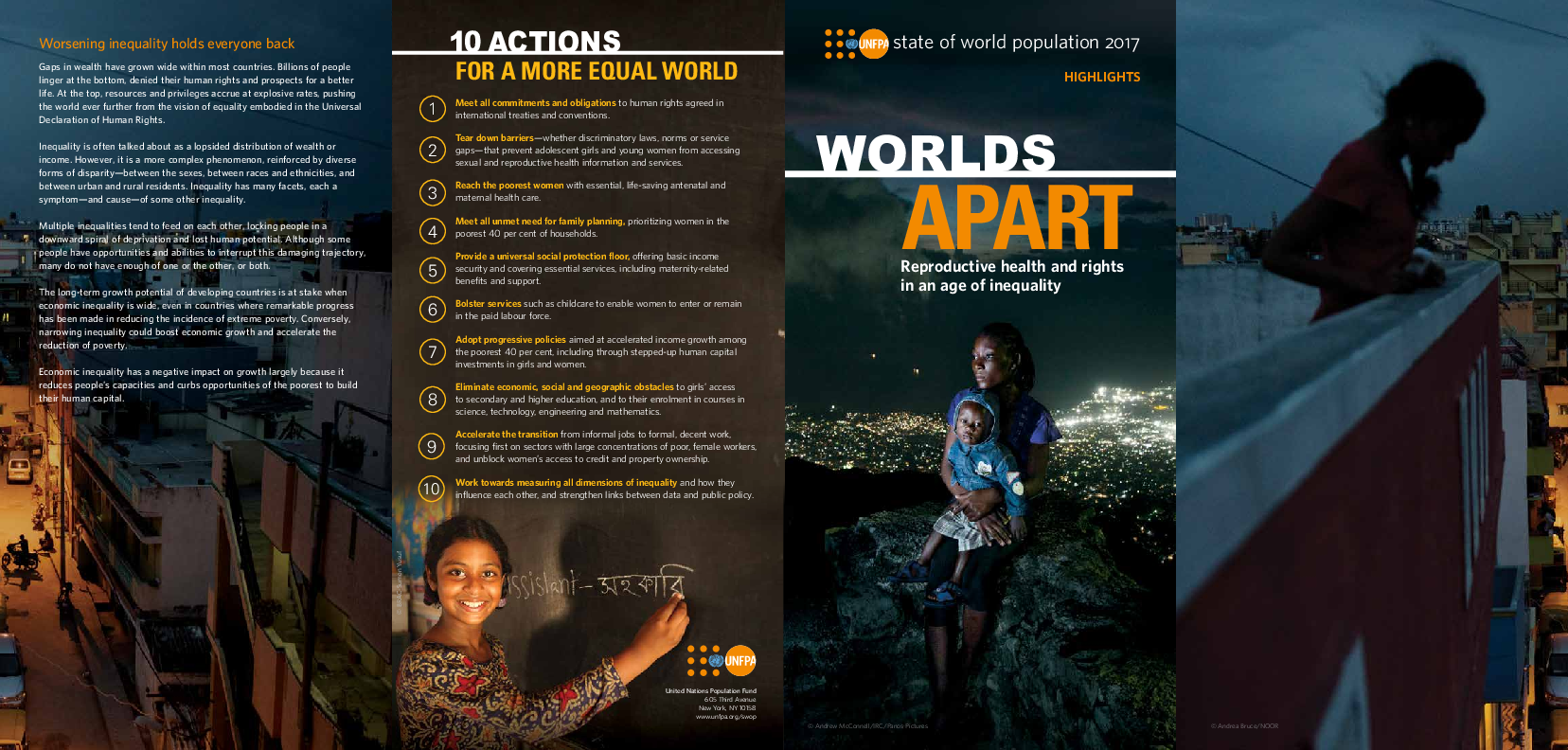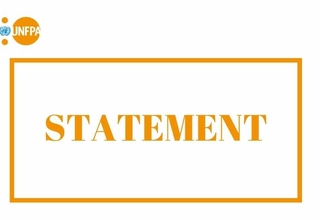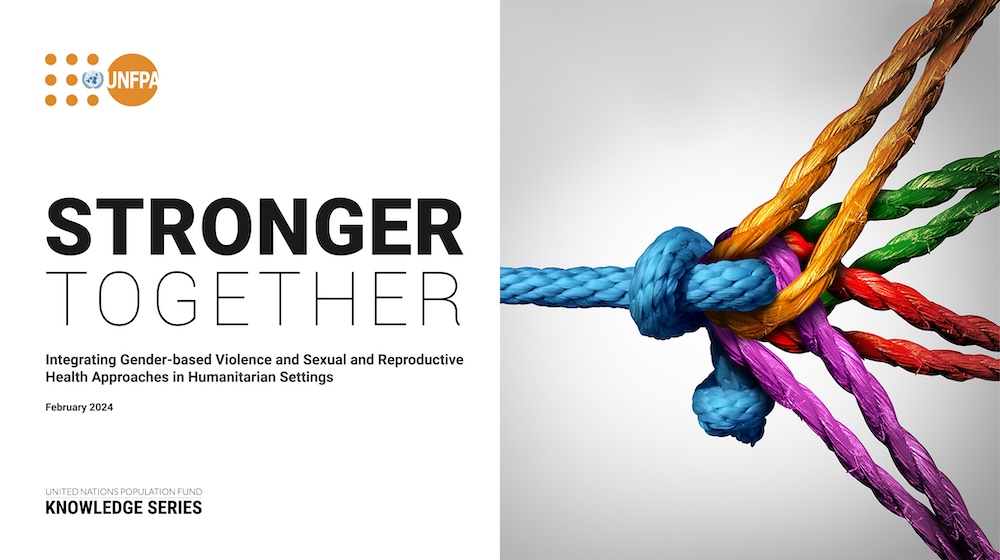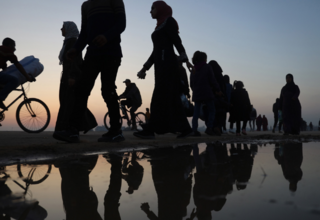Gaps in wealth have grown wide within most countries. Billions of people linger at the bottom, denied their human rights and prospects for a better life. At the top, resources and privileges accrue at explosive rates, pushing the world ever further from the vision of equality embodied in the Universal Declaration of Human Rights.
Inequality is often talked about as a lopsided distribution of wealth or income. However, it is a more complex phenomenon, reinforced by diverse forms of disparity—between the sexes, between races and ethnicities, and between urban and rural residents.
Inequality has many facets, each a symptom—and cause—of some other inequality. Multiple inequalities tend to feed on each other, locking people in a downward spiral of deprivation and lost human potential. Although some people have opportunities and abilities to interrupt this damaging trajectory, many do not have enough of one or the other, or both.
The long-term growth potential of developing countries is at stake when economic inequality is wide, even in countries where remarkable progress has been made in reducing the incidence of extreme poverty.
Conversely, narrowing inequality could boost economic growth and accelerate the reduction of poverty. Economic inequality has a negative impact on growth largely because it reduces people’s capacities and curbs opportunities of the poorest to build their human capital.




